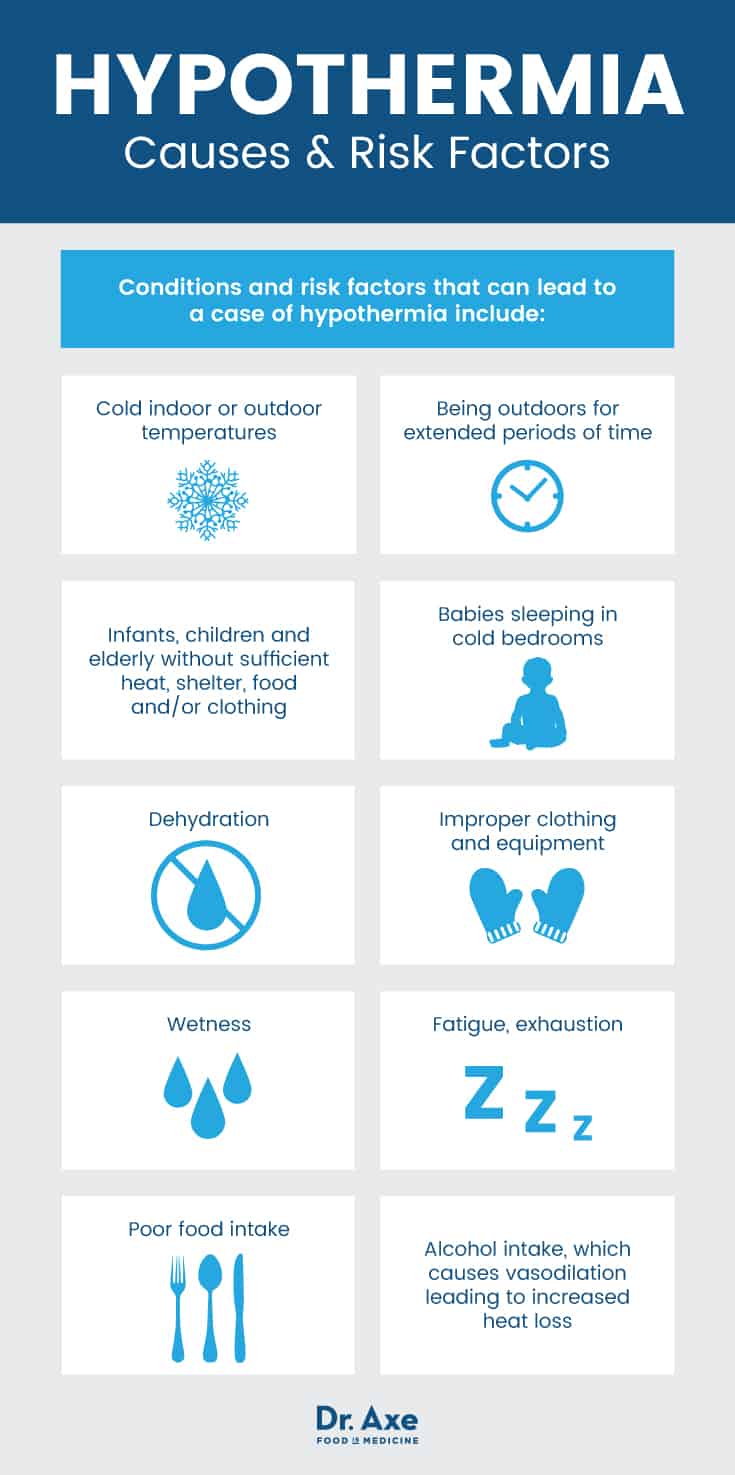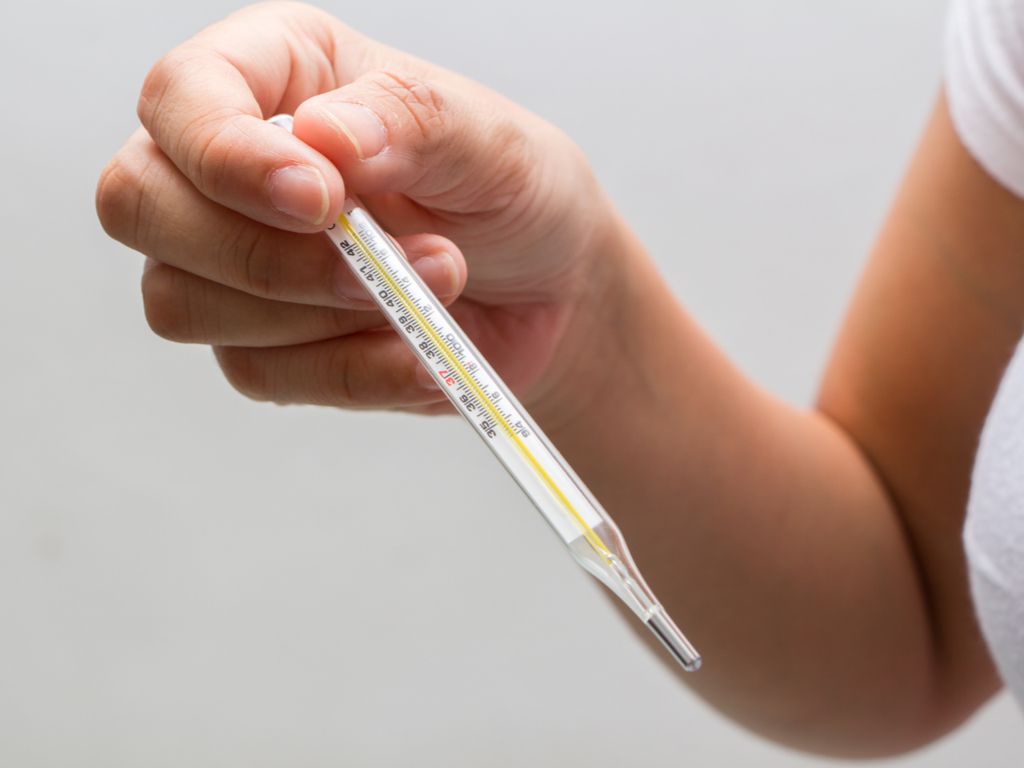
Everyone has a normal body temperature, but it can vary from person to person. The average body temperature is around 98.6°F (37°C). However, some individuals may have a lower than average body temperature, which can raise concerns about their health. In this article, we will discuss the reasons why your body temperature may always be low.
What is Body Temperature?

Body temperature refers to the temperature of your body, which is measured using a thermometer. It reflects the balance between heat production and heat loss in your body. Body temperature is affected by various factors such as age, time of day, and physical activity.
The Causes of Low Body Temperature

Low body temperature can be caused by various factors, including:
Hypothyroidism: Hypothyroidism is a condition in which your thyroid gland does not produce enough thyroid hormones. This can lead to a decrease in your body's metabolic rate, causing your body temperature to drop.
Adrenal insufficiency: Adrenal insufficiency is a condition in which your adrenal glands do not produce enough hormones. This can cause a decrease in your body's metabolic rate, leading to a drop in body temperature.
Diabetes: Diabetes can affect your body's ability to regulate temperature, leading to a drop in body temperature.
Malnutrition: Malnutrition can lead to a decrease in your body's metabolic rate, causing your body temperature to drop.
Alcoholism: Alcoholism can affect your body's ability to regulate temperature, leading to a drop in body temperature.
Anemia: Anemia is a condition in which your body does not have enough red blood cells to carry oxygen to your organs. This can cause a decrease in your body's metabolic rate, leading to a drop in body temperature.
Symptoms of Low Body Temperature

Low body temperature can cause various symptoms such as:
Feeling cold: You may feel cold even when the temperature is warm.
Fatigue: You may feel tired or weak.
Dizziness: You may feel lightheaded or dizzy.
Confusion: You may feel confused or disoriented.
Headache: You may experience headaches.
Diagnosis of Low Body Temperature
If you are concerned about your body temperature, you should consult your healthcare provider. Your healthcare provider may perform a physical examination and order blood tests to determine the underlying cause of your low body temperature.
Treatment of Low Body Temperature

The treatment of low body temperature depends on the underlying cause. Some treatments may include:
Medication: Your healthcare provider may prescribe medication to treat the underlying condition, such as hypothyroidism.
Dietary changes: Your healthcare provider may recommend dietary changes to improve your nutritional status.
Lifestyle changes: Your healthcare provider may recommend lifestyle changes such as quitting smoking or reducing alcohol consumption.
Prevention of Low Body Temperature
To prevent low body temperature, you should:
Dress appropriately: Wear warm clothing in cold weather.
Eat a balanced diet: Eat a diet rich in nutrients to maintain a healthy metabolic rate.
Exercise: Engage in physical activity to maintain a healthy metabolic rate.
Avoid alcohol: Avoid excessive alcohol consumption, which can affect your body's ability to regulate temperature.
Conclusion
Low body temperature can be caused by various factors such as hypothyroidism, adrenal insufficiency, and diabetes. It can cause symptoms such as feeling cold, fatigue, and dizziness. If you are concerned about your body temperature, you should consult your healthcare provider. Treatment depends on the underlying cause and may include medication, dietary changes, or lifestyle changes. To prevent low body temperature, you should dress appropriately, eat a balanced diet, exercise, and avoid excessive alcohol consumption.